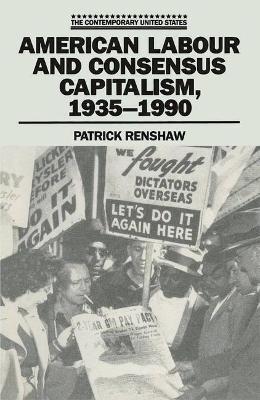The contemporary United States
1 total work
Mention the United States and few people respond with feelings of neutrality. Discussions about the role of the United States in the contemporary world typically evoke a sense of admiration or a shudder of dislike. Pundits and politicians alike make sweeping references to attributes of modern society deemed "characteristically American". Yet qualifications are in order, especially regarding the distinctiveness of American society and the uniqueness of American culture. True, American society has been shaped by the size of the country, the migratory habits of the people and the federal system of government. Certainly, American culture cannot be understood apart from its multi-cultural character, its irreverence for tradition and its worship of technological imagery. It is equally true, however, that life in the United States has been profoundly shaped by the dynamics of American capitalism and by the penetration of capitalist market imperatives into all aspects of daily life.
The series is designed to take advantage of the growth of specialised research-about post-war America in order to foster understanding of the period as a whole as well as to offer a critical assessment of the leading developments of the post-war years. Coming to terms with the United-States since 1945 requires a willingness to accept complexity and ambiguity, for the history encompasses conflict as well as consensus, hope as well as despair, progress as well as stagnation. Each book in the series offers an interpretation designed to spark discussion rather than a definite account intended to close debate. The series as a whole is meant to offer students, teachers and the general public fresh perspectives and new insights about the contemporary United States.
The series is designed to take advantage of the growth of specialised research-about post-war America in order to foster understanding of the period as a whole as well as to offer a critical assessment of the leading developments of the post-war years. Coming to terms with the United-States since 1945 requires a willingness to accept complexity and ambiguity, for the history encompasses conflict as well as consensus, hope as well as despair, progress as well as stagnation. Each book in the series offers an interpretation designed to spark discussion rather than a definite account intended to close debate. The series as a whole is meant to offer students, teachers and the general public fresh perspectives and new insights about the contemporary United States.
